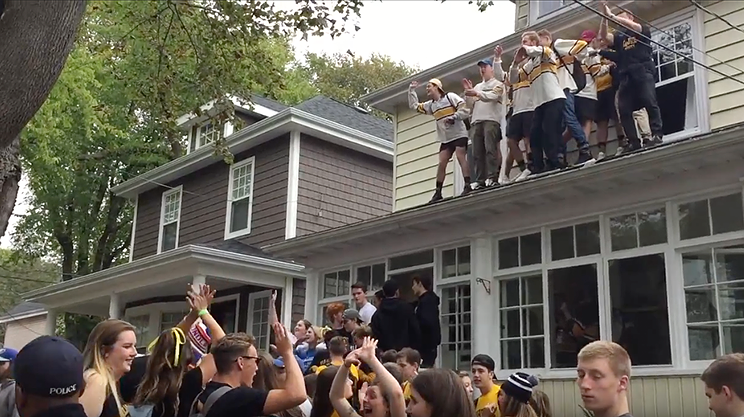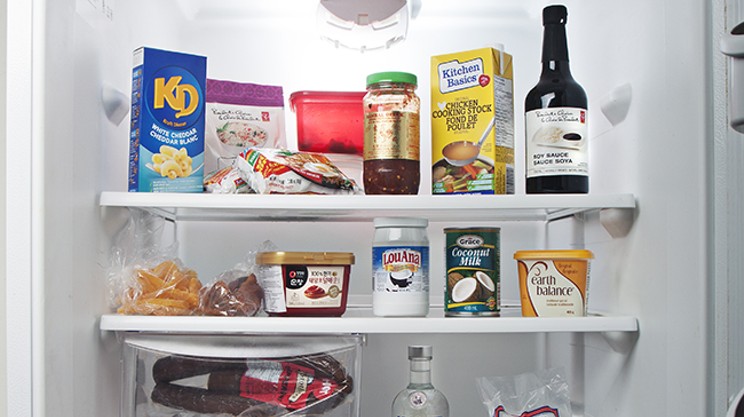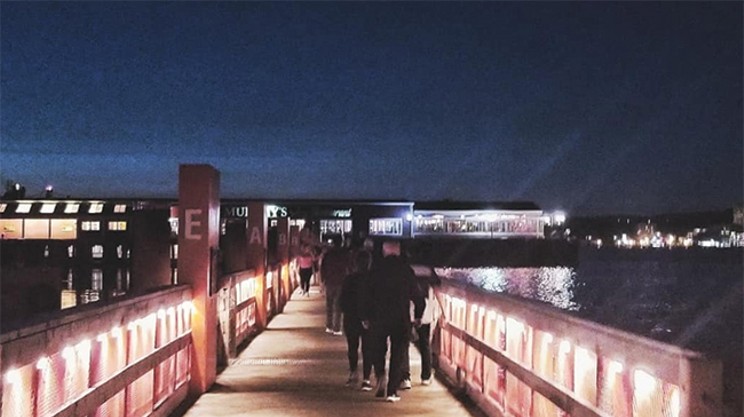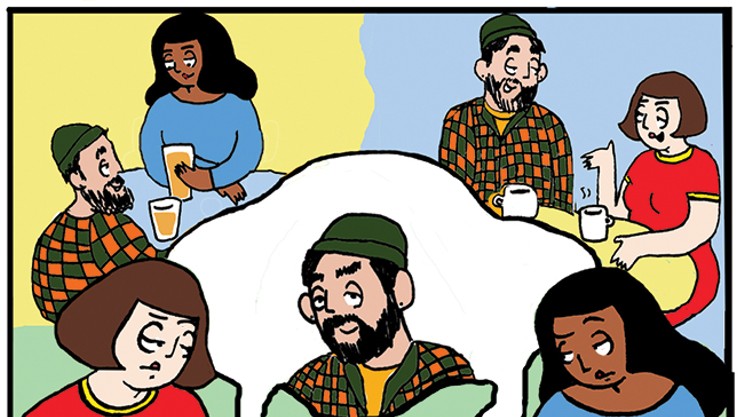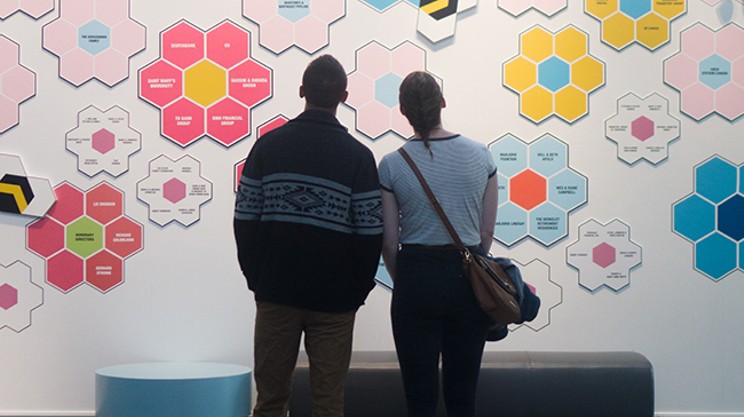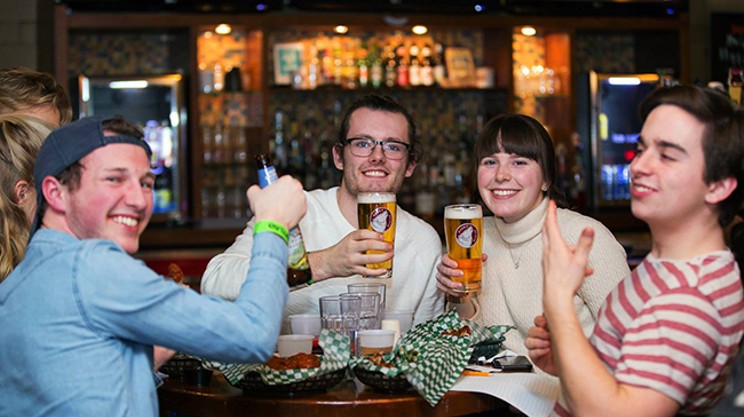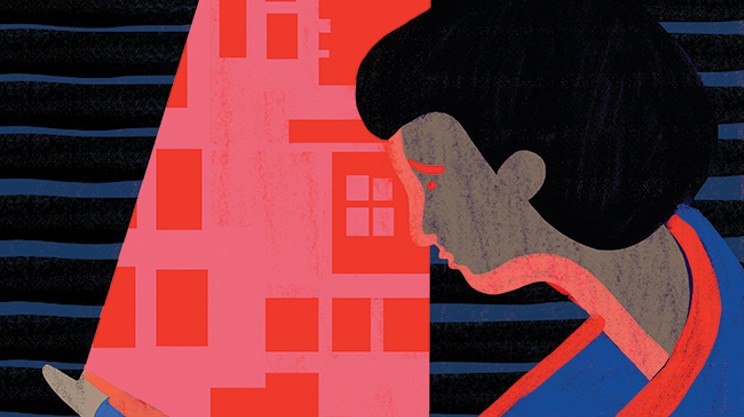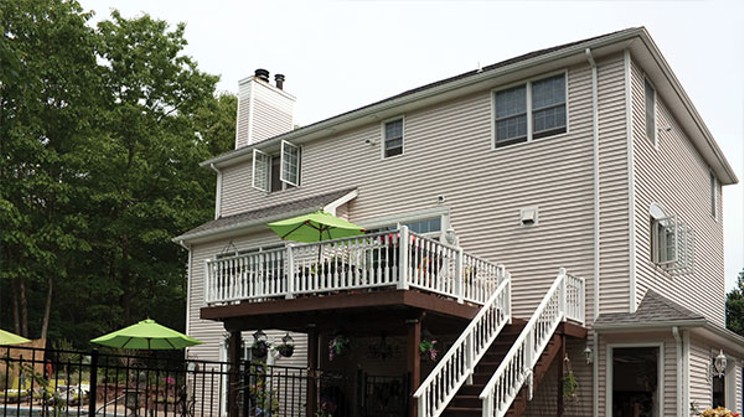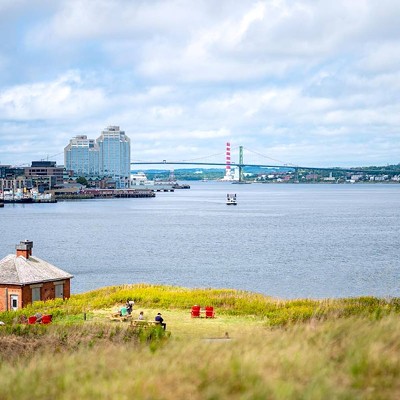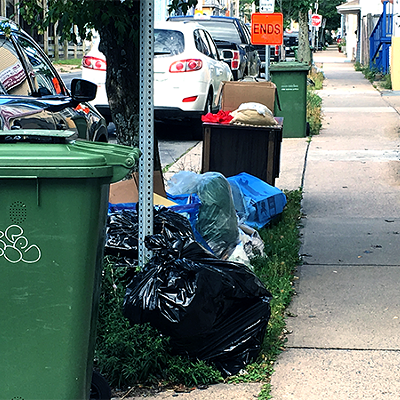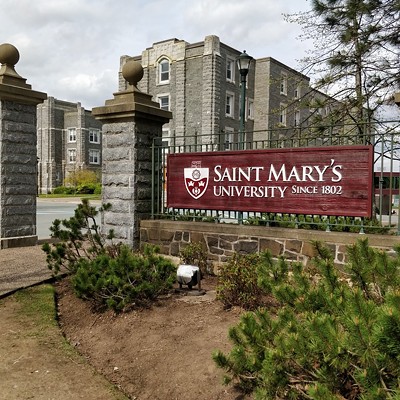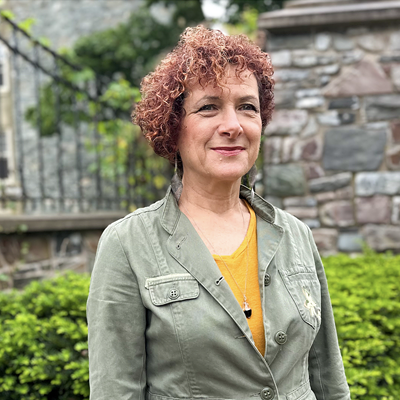
Last year’s Dalhousie University homecoming event had an unusually large amount of attendees: 2,500 partygoers on the streets of Halifax’s south end. The Saturday morning gathering saw 22 people arrested for public intoxication and open-alcohol law violations during homecoming weekend.
Sheila Blair-Reid, Dal’s assistant vice-president of alumni engagement, says that because the popular Dalhousie football game was on a Sunday last year, students didn’t have anything to do on
To prevent the street party this year, as the school exits its 200th anniversary, a number of on-campus events are being planned for students throughout the weekend beginning September 27. The agenda includes the usual lectures and networking events, but on Saturday afternoon the Dalhousie Student Union is hosting Black & Gold, an event in the quad with society tables, live music and food trucks on University Avenue. There will also be a licensed area for those interested in drinking.
“The students are kept safe but they can still have that experience should they choose to,” says Blair-Reid. “If they’re not interested in going to any of the lectures, or any of the networking events, and they really just want more of a collegial gathering, then they have this event in the quad.”
It’ll be noisy, but not as loud as if the event was unsupervised. “I can hear it from my house but it’s not any kind of big disturbance,” says Waye Mason, city councillor for Halifax South Downtown. “It’s better that it’s all happening there than it’s happening who-knows-where.”
Mason has lived in the area for 27
Last year, police knew about the party the day before it happened but events ramped up faster than expected, says Mason.
The results were positive, says Blair-Reid. “Whenever there’s anything that affects
Mason agrees there’s a great relationship between the students and the city’s residents. “You hear people talk about parties in the student ghettos during homecoming at stereotypical party universities like Western and Queens,” he says. But because Halifax’s south end is mixed use—including students, families and professionals—Mason says it doesn’t cater to that kind of wild party atmosphere. “It’s not the kind of environment where something like that can really happen.”
Typically, there are two HRP patrols in the area. This year, Mason thinks more resources will be in place. But he insists they don’t want to turn the south end into a police state.
“We’re happy to have students have parties and that’s fine,” Mason says. “But closing down a street, it’s not fair to the two or three houses on Jennings Street, where people own the house and live there with their children.”



